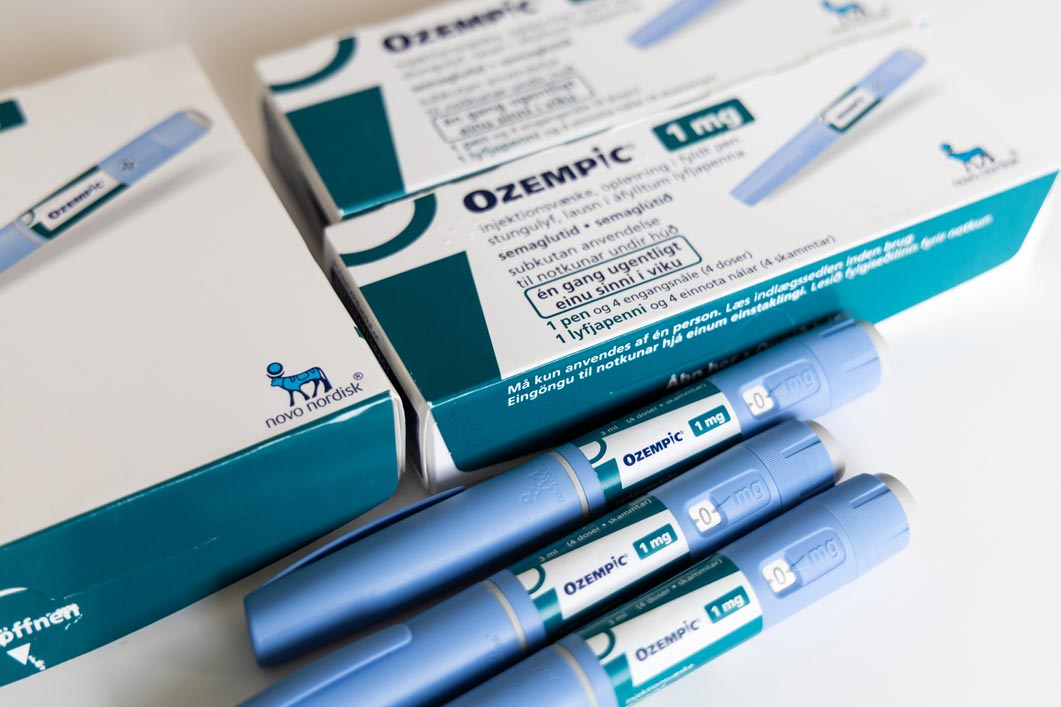Advertisment
Data shows surge in in new GLP-1RA prescriptions for obesity without type 2 diabetes

A nationwide study found a marked increase in new GLP-1RA prescriptions over the last decade, particularly since 2020. Semaglutide was the most prescribed GLP-1RA, by far, in 2023. Notably, the proportion of new users with type 2 diabetes decreased whereas prescriptions among those with obesity or relevant comorbid conditions but without T2D spiked. According to the study authors, the high prevalence of obesity and the increasing demand for GLP-1RA prescriptions for obesity could contribute to drug shortages and may worsen existing racial and ethnic disparities in drug access. The brief research report is published in Annals of Internal Medicine.
Researchers from the Perelman School of Medicine at the University of Pennsylvania and Cedars-Sinai studied data from TriNetX, a federated health research network with records for 45 million individuals in the United States, to delineate the annual trend in new prescriptions of GLP-1RAs between 2011 and 2023, categorized by the presence of diabetes and comorbid conditions related to diabetes or obesity. New prescriptions were defined as users who received GLP-1RAs for the first time in their records in the TrinetX database. The data showed that of the 1 million new GLP-1RA users identified during the study timeframe, users were disproportionately female, non-Hispanic White, and had a BMI of 30 kg/m2 or greater. During the same period, there was a 2-fold increase in the proportions of users without type 2 diabetes but with a BMI of 30 kg/m2 or greater, or in those with a BMI of 27 to 30 kg/m2 and an obesity-related comorbid condition. Additionally, the proportion of users without FDA-approved indications increased from 0.21% in 2019 to 0.37% in 2023. In 2019, semaglutide and liraglutide constituted 31.4% and 35.3% of all new GLP-1RA prescriptions, respectively. In 2023, these proportions increased to 88.1% for semaglutide, and decreased to 10.3% for liraglutide.
Abstract: https://www.acpjournals.org/doi/10.7326/M24-0019





